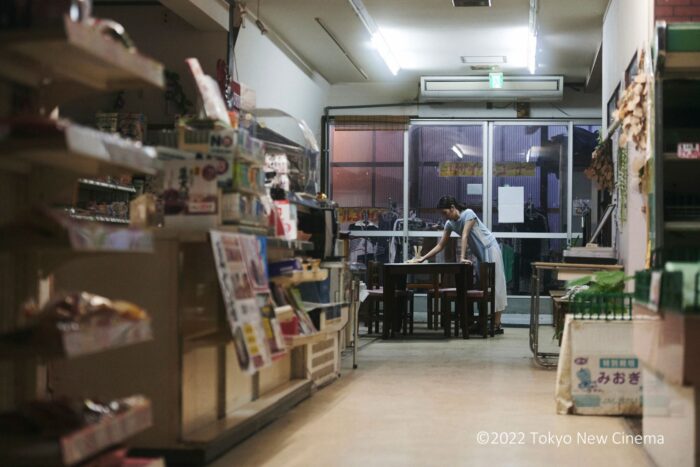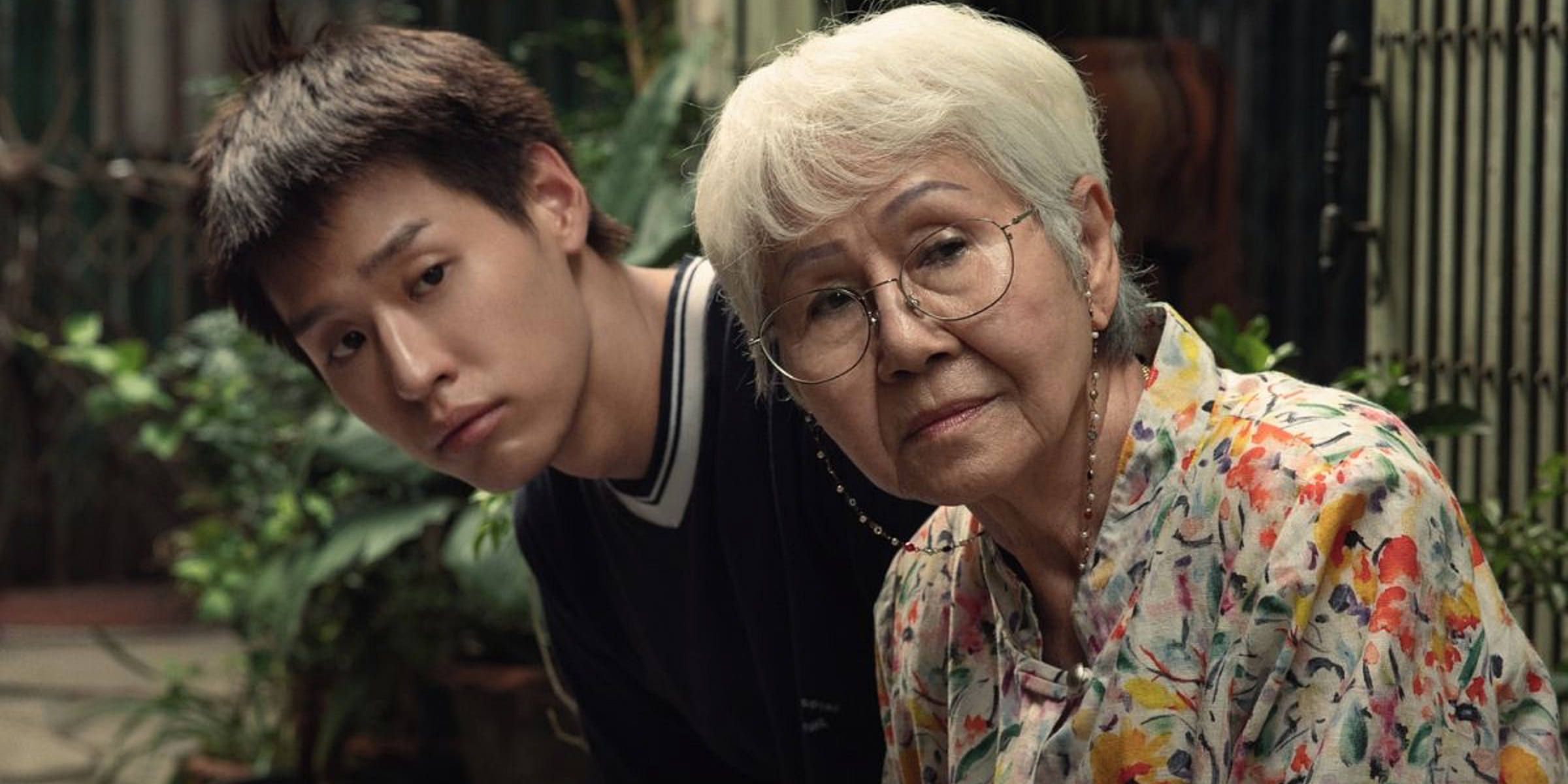Before anything else, let me just remind you that “Lonely Glory” and 11 other independent films are available online for free in the Japan Film Festival website. You have until Oct. 31 to watch all of them. NOTE: There will be spoilers ahead, so go see it first before reading this.

“Lonely Glory” tells the story of Haruka Kumano (Kokoro Morita) who’s so ambitious she is even willing to sell her parents’ legacy, a local shop, for a business venture. The story starts with Haruka, and it is through her that one by one, the film tackles themes that range from the essence of family-owned shops, reflections on rural life, and the duality of work.
When Haruka’s mother dies, she returns home for the first time in a long time, reuniting with her siblings, the oldest brother Keisuke, the older sister Miwako, and the youngest brother Takuji. The homecoming comes just after she was fired from her job after an accusation of workplace bullying. Talented and starting to get noticed by the media, Haruka is not sorry for what she did. She believes that anyone who cannot contribute anything good for the company should be let go. The director Keitaro Sakon wants you to view her as indifferent and unsympathetic from the get go, and Morita portrays her complexities perfectly.
We meet the hardworking and dependable Keisuke who is courting a farm lady named Asuka for marriage. There’s also the formerly married Miwako, who has a relationship with the childless divorcee Tsukasa Miyamoto. Then there’s Takuji, who even after four years of looking for a job, has stayed a NEET.
Local shops

What was keeping the four together for the most part of the film was the local shop that they inherited from their dead parents. Haruka wanted to sell the house so she can start her business venture in counseling. Keisuke insists that he can keep both shop (udon shop and grocery shop) while also helping in Asuka’s farm. In the end, when the shop is finally sold to its new owners, Haruka becomes alone again.
The loneliness gets to her and she can’t find the right words to say to the customer who then has to walk who-knows-how-far in order to find what she was looking for.
I am tempted to rewatch the film for a third time just to confirm that I did not see any younger customer visit the shop. It was always an elder lady who needed help from Keisuke. (There’s this one pre-teen girl, but she was accompanied by her mom. Keisuke’s comment, “Oh, you’re with your daughter today,” implies that this does not happen often.)
Rural reflections
Asuka, although a minor character, is perfect way to show that it is not just the Kumano family that’s satisfied with the life in this rural community. Haruka wants Asuka to tell Keisuke that she needs him in the farm—which is, I guess, a perfect way to make him realize they don’t need the shop anymore. The two becomes sort of closer after Asuka and Keisuke briefly break up, and it is through this that we get to know more about Haruka, Asuka’s work, and rural Japan.
First off, Haruka is clueless about the manual labor at the farm and even suggested that some things be automated or that drones be used in spraying pesticide. When she tells Asuka that she needs to talk with her, she asks, “How long does it take?” implying that she is ignorant about the amount of work needed here.
The dual nature of work

“It’s not really about fun. I have to succeed no matter what,” Haruka says to Asuka when she is asked whether she enjoys her corporate work. She then adds that success is when people around her give her recognition.
For Haruka, work is a source of personal fulfillment or a source of self-actualization, but this is different than how Asuka sees work. Asuka’s motivations are intrinsic—she enjoys it no matter what. While Haruka’s motivations are extrinsic—she has to have validation from others.
While Haruka does not learn from this exchange with Asuka, she later sees what her attitude towards work mean for her family and trustee. After confronting Takuji’s “scammer” (he says he did not really scam Takuji), Haruka asks him what he feels. He answers that he feels like it is such a hassle that she has to deal with clients like Takuji. She sees herself in the guy and reflects on what she has been doing to other people. She finally realizes she been ruthless towards other people, which brings us to another one of her realizations.
Kentaro, her trustee who followed her to her new business venture, suddenly disappeared. The film was pretty vague about it (or maybe it’s because I do not speak Japanese), but I guess what happened to him was that he felt the pressure from his new boss—Haruka insisted that they can fit all of the schedule in one year.
Overall, I think the pacing of this story was just enough to get me glued. Although the film feels like it had more to say about some of the characters, their stories don’t feel abandoned. This film is my introduction to Kokoro Morita, and I can’t wait to see more of her soon. For now, I think I need to hunt for “Ice Cream and the Sound of Raindrops.”





